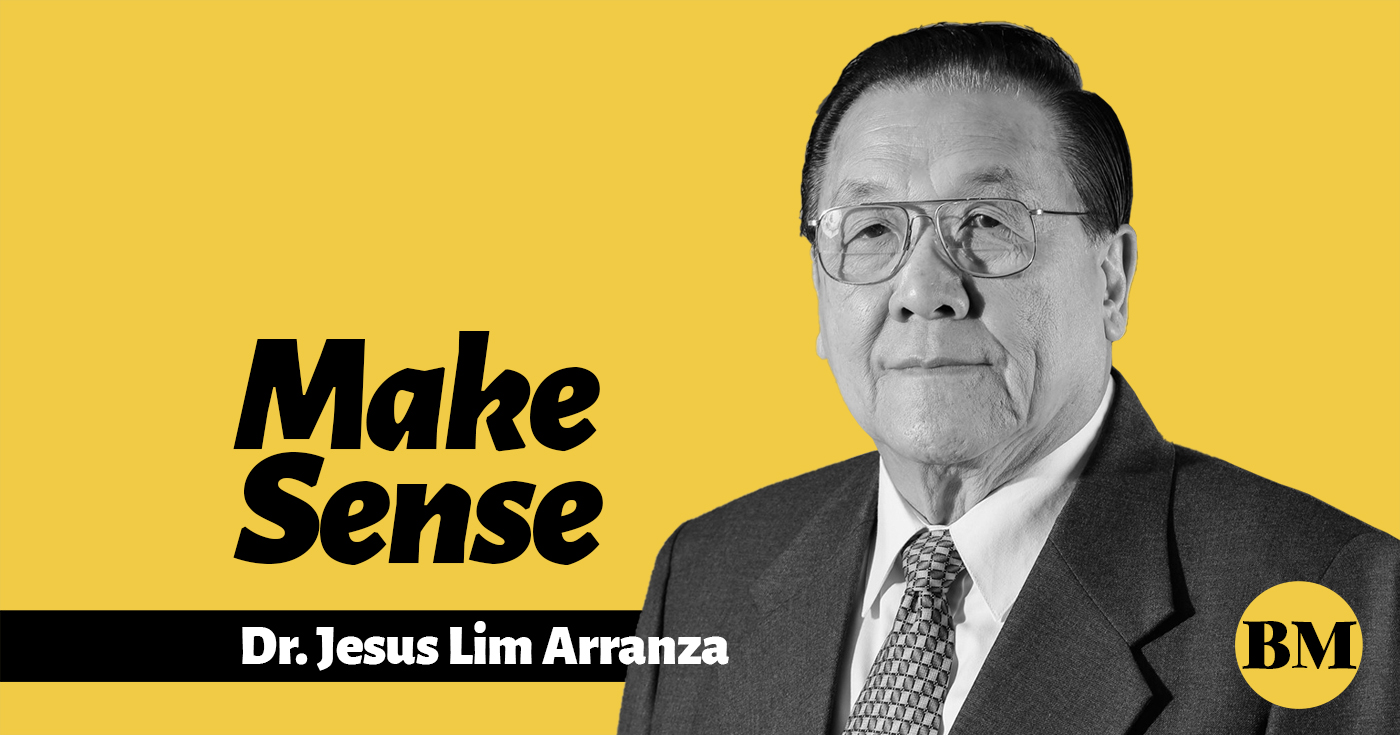(Philippine statement delivered by Ambassador Teddy Locsin Jr. at the Security Council Open Debate on ‘Children and Armed Conflict’ on October 31, 2017 at the UN Security Council Chamber, New York.)
Madame President,
My delegation wishes to thank the UN Secretary General and his Special Representative on Children and Armed Conflict for their proactive work in preventing and promoting, monitoring and ensuring accountability with regard to grave violations committed against children in armed conflicts.
The 2016 Report of the UN Special Representative of the Secretary General brings to light the tragic effects of armed conflict on children, while highlighting the good practices and headways made. The Philippines is heartened to note the delisting of the Moro Islamic Liberation Front (MILF) group from the report for finally stopping the recruitment of children in armed conflict. A total of 1,869 children identified by MILF as associated with its armed wing were released from combat duty in a process that culminated early this year.
Despite existing pockets of conflict in the country, including the recently ended Marawi siege, the State, as duty-bearer of human rights, continues to prioritize the welfare of children and to discourage insurgencies from using children as warriors for a dubious and disgraceful advantage.
In the Philippines, children are regarded as Zones of Peace, in accordance with the law on the Special Protection of Children Against Abuse, Exploitation and Discrimination. This means that children shall not be exposed to attack by using them as combatants. They are entitled to special respect and protection.
Of paramount importance is the protection of children from any form of threat, assault, torture, or other cruel, inhumane and degrading treatment. The delivery of social services for children, regardless of the situation they are in, must also be unhampered. No military advantage can possibly be gained by leaving them hurt, exposed, and unattended.
Education should continue in war and peace. In line with this policy, schools are also declared Zones of Peace. The Philippine state—which enjoys the distinction of maintaining one of the best public education systems in the developing world—has urged all schools to adhere to the Department of Education’s basic curriculum and pedagogy. And while the state hath not the wherewithal to offer classes in Marxism-Leninism—to reserve that subject for home schooling if that is their desire.
The military has from the first been at the forefront of protecting the welfare of children in armed conflict. In February 2016, the Armed Forces issued a circular—”Child Protection In Armed Conflict Situations”—which serves as policy guide for the armed forces in preventing the commission of Grave Child Rights Violations. It sets the procedures for monitoring, reporting, and responding to violations committed by state or non-state actors. More protective laws, circulars and policy statements are in the works. But like yourselves, we prefer to measure success by results rather than the good intentions with which the road to war is paved. This is why accuracy and objectivity in reporting is imperative. It can make or break the sincere desire to continue the endeavor to protect children in conflict.
The Philippines will continue to help in the work of the UN in-country towards the protection of children in armed conflict. And to support the publication of its annual report in line with its adherence to the highest standards of international law and the principles of transparency and accountability.
Madame President, in my meeting with the Special Representative of the Secretary-General (SRSG), her office expressed the desire to maintain a continuous engagement with Member States on these issues. I welcome this initiative because it addresses two concerns that, in my government’s experience, pose a challenge to achieving fair and balanced reporting on the part of the SRSG. Namely: the brevity of time within which a Member State must provide comments to a draft report; and second, the lack of clarity and details of some cases cited in reports, which make it difficult for the concerned governments to validate—making the work not unlike boxing with shadows.
We have no need nor desire to hide abuses. We want and we have an Army that fights to win conflicts—as Marawi demonstrated with distinction, and not to create new conflicts by committing abuses especially against children. That is the dubious distinction of insurgents. We are proud, not ashamed of our Army. I have myself observed the care and caution of the Army to avoid civilian casualties as a TV journalist covering the battlefield for ABS-CBN News.
We do not know how insurgents regard the practices we all abhor.
It is my government’s hope that establishing and nurturing a well-functioning relationship with the office of the SRSG will facilitate the issuance of timely, accurate and balanced reports—that will pave the way to stamping out violence against children in the wars that Member States still sadly wage to protect their people from enemies and their countries from dismemberment. Thank you.
























